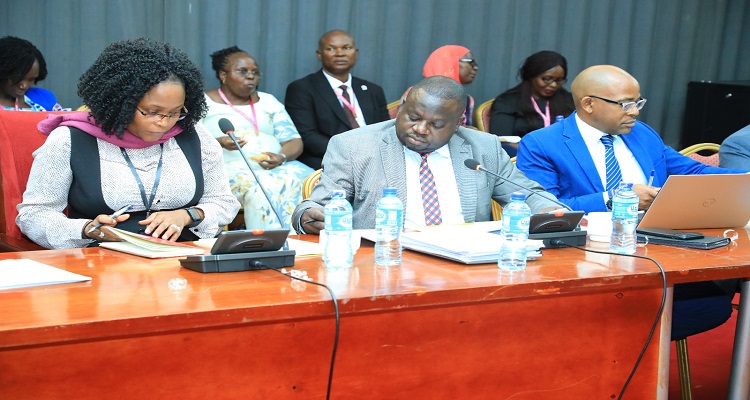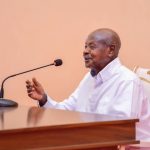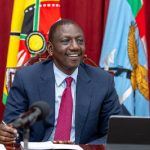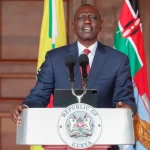The Uganda National Oil Company (UNOC) has generated a profit of Shs37.6 billion surpassing their projected revenue of Shs6.989 billion.
This revelation emerged during a meeting between officials from UNOC and Members of the Public Accounts Committee (PAC) on Monday, 27 May 2024 where the Auditor General’s report on UNOC’s financial statements for the year ended 30 June 2023, was considered.
The recent audit of UNOC revealed an impressive financial performance that caught the attention of the committee.
Initially slated to generate Shs6.989 billion in revenue, UNOC ended the fiscal year with Shs37.6 billion. This was attributed to strategic investments in treasury bills and fixed deposits.

The Auditor General’s report highlighted that the windfall was a result of UNOC’s decision to invest a portion of its funds in the money markets.
According to the report, the investments were not initially included in the budget estimates due to the unpredictability of interest rates and project expenditures.
Consequently, the company saw a surplus of Shs30.686 billion above the approved revenue estimates.


While some Members of Parliament praised UNOC’s strategic acumen, others, led by the Chairperson of the committee, Hon. Muwanga Kivumbi raised concerns about the transparency and framework of the investment. The controversy sparked debate over UNOC’s financial practices and the oversight of public funds.
UNOC’s Chief Financial Officer, Emmanuel Mugagga explained that the extra revenue stemmed from interest income on fixed deposits.
He added that the deposits involved funds from the East African Crude Oil Pipeline (EACOP) project, which were temporarily invested while awaiting project cash calls.
The revelation of the surplus led to mixed reactions from Members of Parliament. They questioned the lack of transparency and the absence of this investment strategy in the initial budget plans.
Kashongi County MP, Hon. Herbert Tayebwa expressed his concerns regarding UNOC’s sudden decision to invest in treasury bills.
“They decided to buy treasury bills. My question is, why did it come as abrupt at the time of budgeting?” he said.
Amuria District Woman Representative, Hon. Susan Amero commended UNOC for their transparency in revealing the surplus stating that they could have kept quiet and misused the money.
Kassanda North Representative, Hon. Patrick Oshabe raised concerns about the potential temptation for UNOC to invest more project funds for profit.
“That money to do a project will be invested like that because there is a profit that will be made. Do we have a legal background to that decision?” Oshabe said.
However, Mugagga clarified that the decision to invest followed clearance from the board and was made considering that the money was not urgently needed, despite being paid earlier by government.
UNOC’s Chief Executive Officer, Proscovia Nabbanja said that they had anticipated collecting Shs6.989 billion based on revenue streams such as bulk trading, bid submissions and fees from the Jinja storage terminal.
“We invested out of the money that was given for the East African Crude Oil Pipeline (EACOP) in anticipation of the cash calls. Instead of holding the money in the account, we invested in the treasury instrument which created the surplus,” Nabbanja said.
The Auditor General recommended that the Accounting Officer revise the approved budget when significant changes in financial circumstances occur, aiming to ensure transparent communication and approval of all revenue-generating activities by the appropriate authorities.








